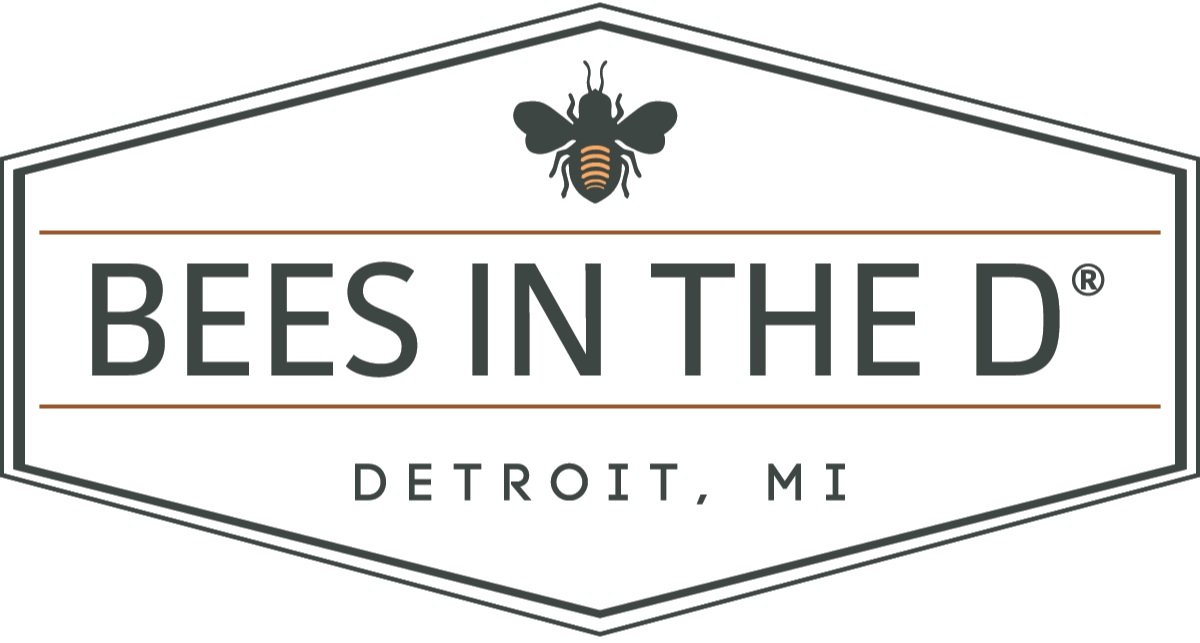
About Us
BUILDING A BUZZ FOR POLLINATORS
Bees in the D works at the intersection of conservation and education. By placing hives across the state and developing programs for all ages, we help communities understand the impact of pollinators—and the importance of protecting them.
BUILDING
THE MOTOR
CITY’S BEE HIGHWAY
Check out our Detroit Bee Highway, a network consisting over 200 honeybee hives at 75+ locations across 5 Michigan counties. We have introduced over 12 million bees! We’re working together to make Detroit the best it can BEE!

OUR IMPACT
NATIVE POLLINATOR SANCTUARIES
We’ve distributed native pollinator homes across Southeast Michigan, creating a connected habitat corridor for solitary bees. This “bee highway” helps native species thrive in urban and suburban spaces where nesting sites are scarce.
12 MILLION BEES REINTRODUCED
We’ve installed more than 225 hives in Southeast Michigan, reintroducing over 12 million honeybees into urban ecosystems. These thriving colonies are helping restore balance to our local environment, one rooftop and garden at a time.
75+ HIVE
LOCATIONS BUILT
From local schools to Fortune 500 campuses, we’ve built partnerships that turn rooftops into pollinator sanctuaries. These collaborations help amplify awareness and show that everyone has a role in conservation.
EDUCATION THAT INSPIRES ACTION
Our hands-on programs, hive tours, and school visits have engaged thousands of students, educators, and residents. Each experience leaves participants with a deeper understanding of how pollinators shape our world.
RESEARCH
PARTNERSHIPS
We partner with researchers at the University of Detroit, Oakland University, and Lawson Health Research Institute to support studies on pollinator health, microbiomes, and strategies to protect them from emerging threats.
REVITALIZED
VACANT LOTS
We’ve turned neglected spaces into biodiverse havens filled with wildflowers and native plants. These gardens aren’t just beautiful—they serve as vital stopovers for bees, butterflies, and other pollinators across the city.
“I would like to see Detroit become a national leader in the conservation of pollinators and promotion of urban beekeeping. Since 2010, I have been a hobbyist beekeeper and have come to realize that they are one of the most amazing creatures on this Earth. Sadly, if we don't act now they will be on the brink of extinction. People do not realize the devastation this will cause globally.”
“I used to think, that honey bees only belong in the country. My eyes were opened one day while walking in Battery Park in New York City. I watched as thousands of people walked by the BeeVillage: The Battery which is an apiary located at The Battery Conservancy. This caused me to do some research and I discovered that honeybees are extremely productive in cities, especially cities like Detroit, that have large amounts of green space.”


